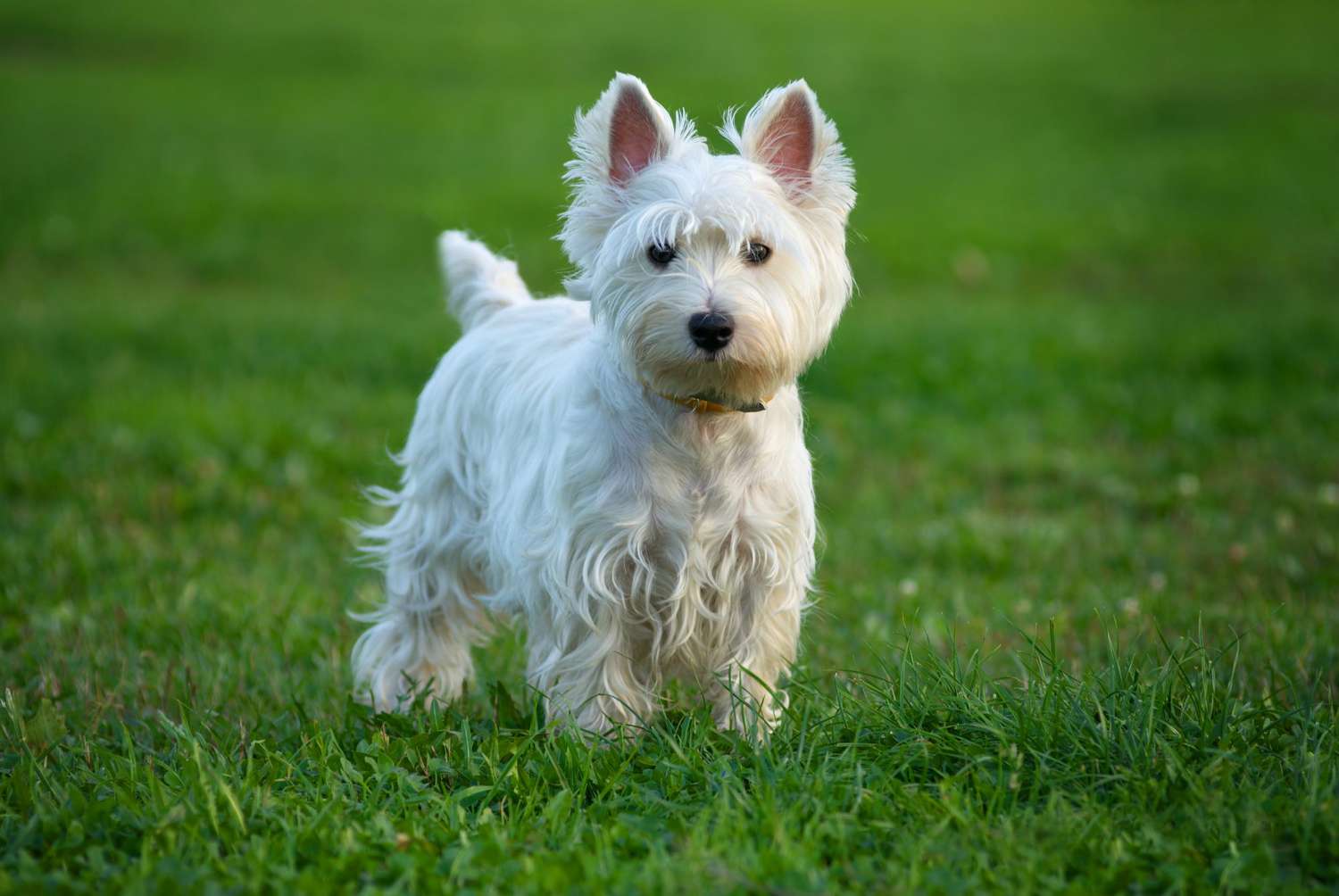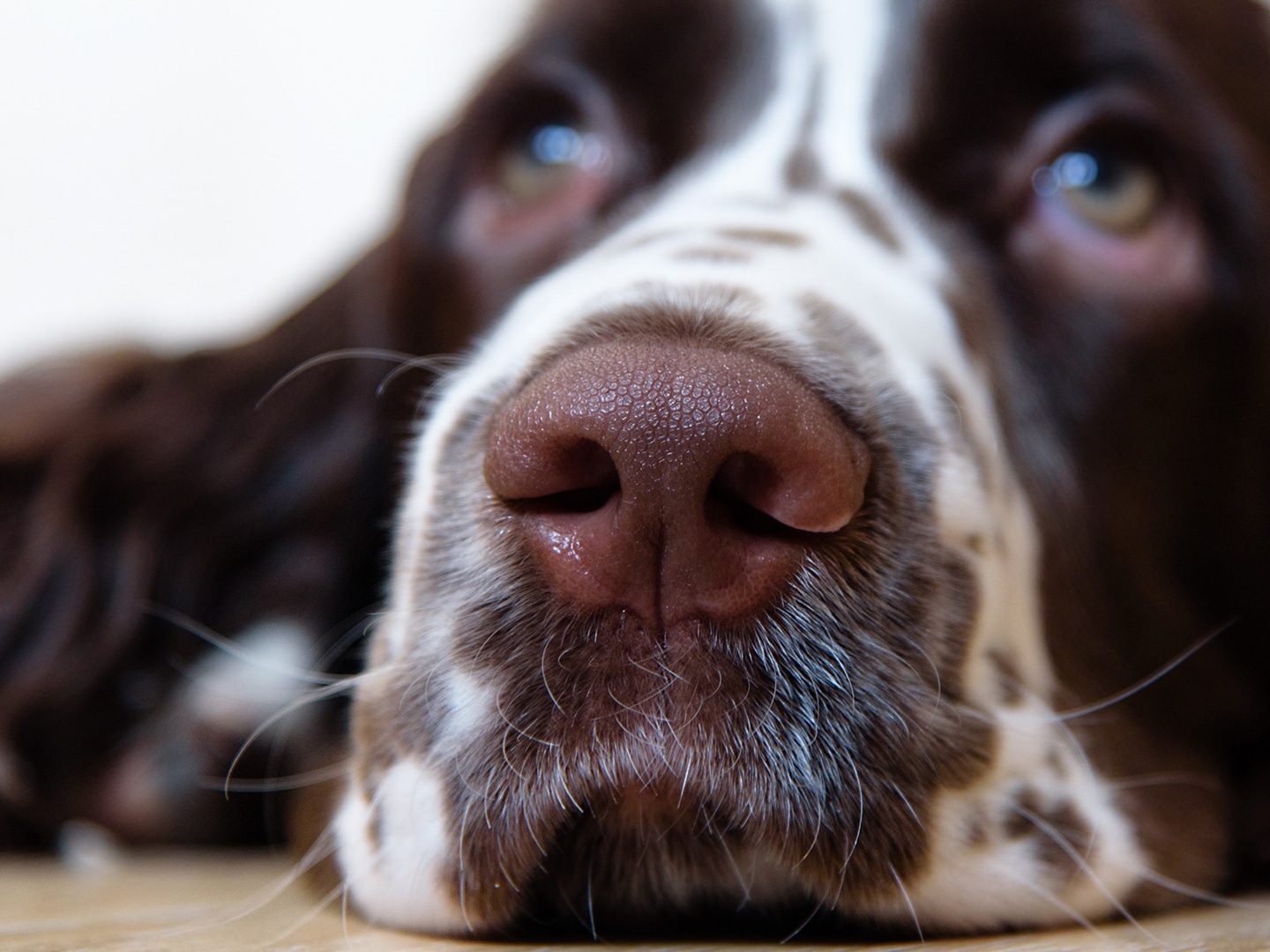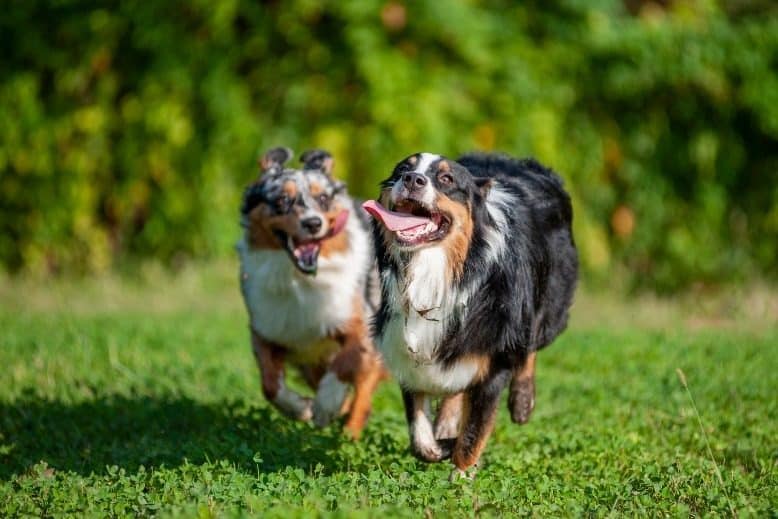Dog anxiety is a common behavioral issue that can manifest in various ways, such as excessive barking, destruction of property, elimination (urination or defecation) inside the house, digging, and escaping. Some dogs may also show physical symptoms such as panting, trembling, or hiding.
There are many potential causes of anxiety in dogs, including genetics, past experiences, and changes in the dog’s environment.
There are several things that you can do to help a dog with anxiety:
- Training: Teaching your dog basic obedience commands and providing plenty of positive reinforcement can help to build confidence and reduce anxiety.
- Exercise: Regular exercise is important for keeping your dog physically and mentally healthy.
- Consistency: Having a regular routine and sticking to it can help your dog feel more secure and reduce anxiety.
- Desensitization: Gradually exposing your dog to the things that cause them anxiety in a controlled way, can help them learn to cope with them better.
- Medications: In some cases, medication may be necessary to help manage a dog’s anxiety. This should always be done under the guidance of a veterinarian or a veterinary behaviorist.
- Calming aids: There are different kind of calming aids like pheromones diffusers, calming sprays, and calming collars, that can help to reduce a dog’s anxiety.
It is important to note that, not all the above methods work for all dogs and it’s important to work with a veterinarian or a professional dog trainer to determine the best course of action for your dog’s specific needs.
Which Dog Breeds are Most Anxious?
Anxiety can affect dogs of any breed, however, some breeds may be more prone to anxiety due to their genetics or their history of breeding. Some breeds that are commonly associated with anxiety include:
- German Shepherds: These dogs are known for their intelligence and trainability, but they can also be prone to anxiety and nervousness if not properly trained and socialized.
- Labrador Retrievers: These friendly and outgoing dogs are known for their loyalty and affection towards their owners, but they may also suffer from separation anxiety if left alone for long periods of time.
- Border Collies: These highly intelligent and active dogs are known for their herding instincts and need for mental stimulation, if not provided with enough activity, they may develop anxiety.
- Golden Retrievers: These friendly and affectionate dogs are known for their eagerness to please, but they may also develop separation anxiety if they are not properly trained and socialized.
- Cocker Spaniels: These friendly and energetic dogs are known for their affection towards their owners, but they may also develop separation anxiety if left alone for long periods of time.
- Dachshunds: These small and active dogs are known for their loyalty and affection towards their owners, but they may also develop separation anxiety if left alone for long periods of time.
It is important to note that, these are generalizations and every dog is unique and may have different personalities and characteristics. It is also important to consider that anxiety can be caused by different factors, such as genetics, past experiences, or changes in the dog’s environment.







7 Most Anxious Dog Breeds, According To Experts - Study Finds
[…] Barx Parx […]